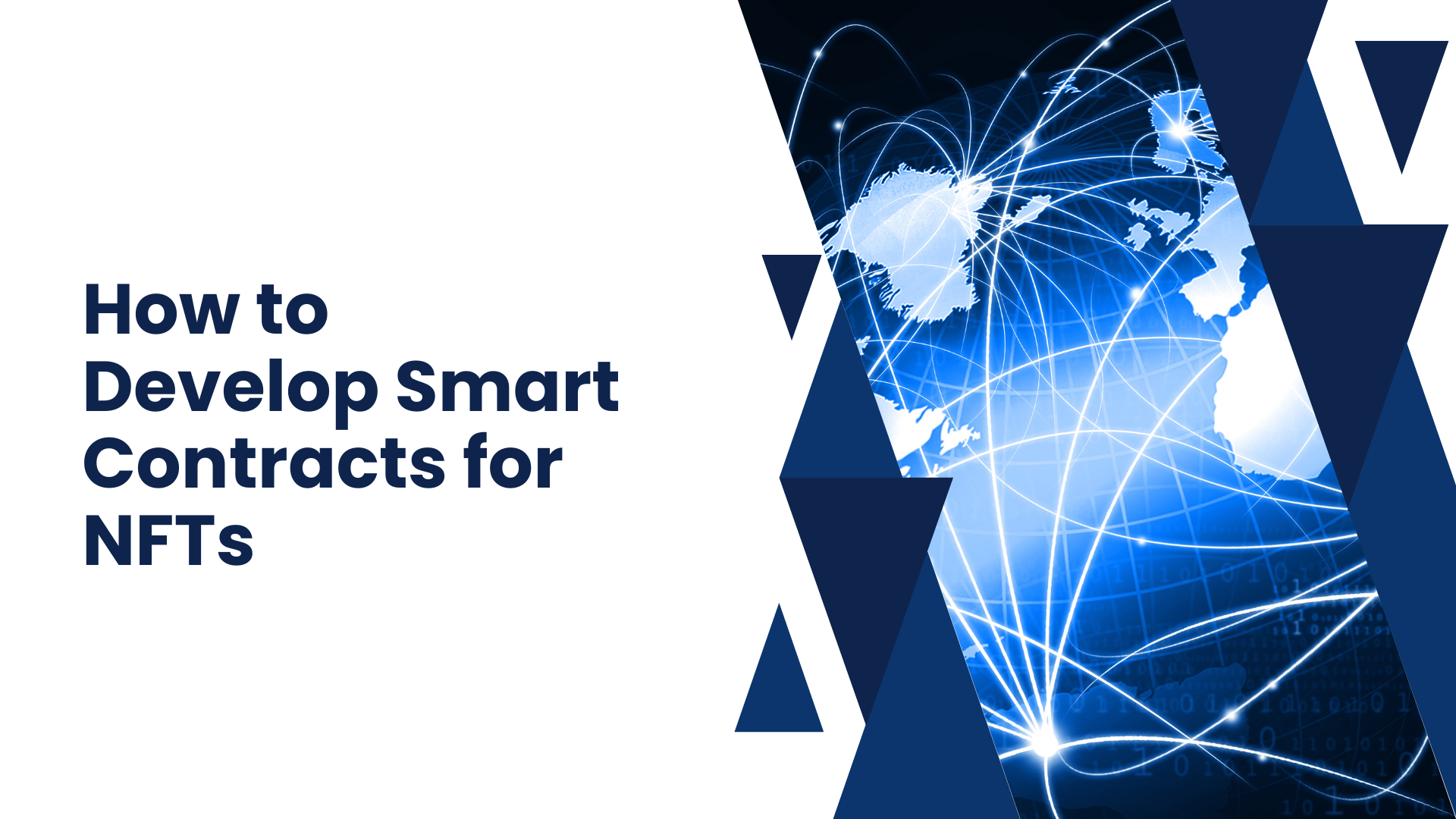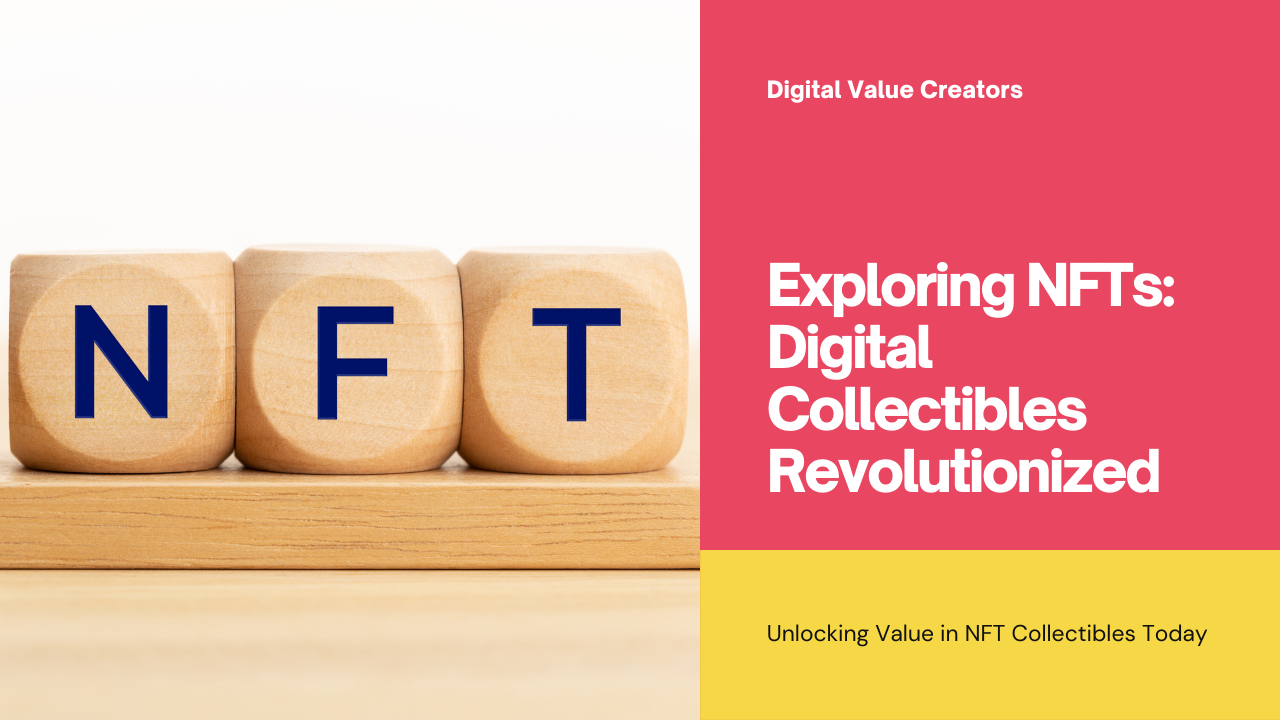The music industry has undergone significant transformations over the past few decades, driven by technological advancements and changing consumer behaviors. One of the most recent and profound developments is the rise of Non-Fungible Tokens (NFTs). NFTs are unique digital assets verified using blockchain technology, and they have the potential to revolutionize the way music is created, distributed, and monetized. In this blog, we’ll explore the impact of NFTs on the music industry, highlighting their benefits, challenges, and the future they promise for artists and fans alike.
Understanding NFTs
Before delving into their impact on the music industry, it’s essential to understand what NFTs are. Unlike cryptocurrencies such as Bitcoin or Ethereum, which are fungible and can be exchanged on a one-to-one basis, NFTs are unique and indivisible. Each NFT has a distinct value and cannot be replaced or exchanged like-for-like.
NFTs are typically used to represent ownership of digital assets, such as art, videos, and music. They are stored on a blockchain, which ensures transparency, security, and immutability. This means that the ownership and provenance of an NFT can be easily verified, making it an ideal tool for artists and creators.
NFTs and Music: A New Paradigm
Empowering Artists
One of the most significant impacts of NFTs on the music industry is the empowerment of artists. Traditionally, musicians have relied on record labels, streaming platforms, and other intermediaries to distribute and monetize their work. These intermediaries often take a substantial cut of the revenue, leaving artists with a fraction of the earnings.
NFTs offer a direct-to-fan model, allowing artists to sell their music, merchandise, and experiences directly to their audience. This not only increases their revenue but also gives them more control over their work. Artists can tokenize their music as NFTs, creating unique digital albums, singles, or even concert tickets that fans can purchase and own.
New Revenue Streams
NFTs open up new revenue streams for musicians beyond traditional sales and streaming royalties. Artists can create limited edition NFTs, which can appreciate in value over time, providing a potential investment opportunity for fans. Additionally, smart contracts embedded in NFTs can ensure that artists receive royalties every time their NFTs are resold, creating a continuous income stream.
For example, if an artist releases a limited edition album as an NFT, and a fan sells it to another collector, the artist can receive a percentage of the resale price. This is a game-changer for the music industry, where secondary sales have historically not benefited the original creators.
Fan Engagement and Community Building
NFTs also enable deeper fan engagement and community building. By offering exclusive content, experiences, and perks through NFTs, artists can foster a closer connection with their audience. For instance, musicians can sell NFTs that grant holders access to behind-the-scenes content, virtual meet-and-greets, or VIP concert experiences.
This sense of exclusivity and ownership can enhance fan loyalty and create a more engaged and invested community. Fans are not just consumers; they become stakeholders in the artist’s success, fostering a more collaborative and supportive ecosystem.
Case Studies: NFTs in Action
Kings of Leon: “When You See Yourself”
In March 2021, the American rock band Kings of Leon made headlines by releasing their album “When You See Yourself” as an NFT. They were the first band to do so, offering fans three types of tokens: one for the album, one for exclusive audiovisual art, and one for a special package that included front-row concert seats for life.
This innovative approach not only garnered significant media attention but also demonstrated the potential of NFTs to create unique, value-added experiences for fans. The success of this release showcased how NFTs could be used to drive album sales, engage fans, and provide new revenue streams for artists.
Grimes: “WarNymph Collection Vol. 1”
Canadian musician and visual artist Grimes also embraced NFTs, releasing her “WarNymph Collection Vol. 1” in February 2021. The collection included ten pieces of digital artwork paired with original music, sold as NFTs on the Nifty Gateway platform. The collection generated over $6 million in sales within a few hours, highlighting the lucrative potential of NFTs for artists.
Grimes’ success illustrated the appeal of combining music with visual art in the NFT space, providing fans with a multi-sensory experience. It also underscored the growing interest in digital collectibles and the willingness of fans to invest in unique, artist-endorsed assets.
Challenges and Considerations
While NFTs offer numerous benefits to the music industry, there are also challenges and considerations to keep in mind.
Environmental Concerns
One of the primary criticisms of NFTs is their environmental impact. Most NFTs are built on the Ethereum blockchain, which currently uses a proof-of-work consensus mechanism that consumes significant amounts of energy. This has raised concerns about the carbon footprint of NFT transactions.
However, efforts are underway to address these concerns. Ethereum plans to transition to a proof-of-stake mechanism, which is expected to be more energy-efficient. Additionally, alternative blockchains with lower environmental impact, such as Tezos and Flow, are gaining traction in the NFT space.
Market Volatility
The NFT market is still relatively young and highly volatile. Prices for NFTs can fluctuate dramatically, and there is a risk of market saturation as more artists and creators enter the space. Musicians need to be aware of these risks and manage their expectations accordingly.
Legal and Copyright Issues
The legal landscape surrounding NFTs is still evolving, and there are concerns about copyright and intellectual property rights. Artists need to ensure that they have the legal right to tokenize their work and that they are not infringing on the rights of others. This may require legal expertise and careful consideration of existing contracts and agreements.
The Future of NFTs in the Music Industry
Despite the challenges, the future of NFTs in the music industry looks promising. As blockchain technology continues to evolve and become more energy-efficient, and as the legal and regulatory framework becomes clearer, NFTs are likely to become an integral part of the music ecosystem.
Mainstream Adoption
As more high-profile artists and major record labels explore NFTs, mainstream adoption is expected to increase. This will likely lead to the development of more user-friendly platforms and tools, making it easier for artists of all levels to create and sell NFTs. Additionally, as fans become more familiar with NFTs, the market is expected to grow, driving demand for unique digital assets.
Innovation and Creativity
NFTs have the potential to drive innovation and creativity in the music industry. Artists can experiment with new ways of creating and distributing their work, blending music with other forms of digital art, and offering fans novel experiences. This can lead to the emergence of new genres, formats, and business models that redefine the music landscape.
Enhanced Fan Experiences
The ability of NFTs to enhance fan experiences cannot be overstated. As artists and platforms continue to explore the possibilities, we can expect to see more immersive and interactive experiences that deepen the connection between artists and their fans. This could include virtual reality concerts, augmented reality experiences, and other cutting-edge technologies that leverage the power of NFTs.
Conclusion
The impact of NFTs on the music industry is profound and far-reaching. They empower artists, create new revenue streams, enhance fan engagement, and drive innovation. While there are challenges to navigate, the potential benefits make NFTs a compelling opportunity for musicians and creators.
As the technology and market continue to evolve, NFTs are set to play a significant role in shaping the future of the music industry. For artists looking to explore this exciting frontier, partnering with a knowledgeable and experienced technology provider like Sodio Technologies can help navigate the complexities and unlock the full potential of NFTs.







